Let’s just lay it all out on the table: time travel is terribly hard to get right in movies. Done poorly, time travel can be a one-way ticket to a confused and unhappy audience. Paradoxes pile on paradoxes, and nobody feels quite sure whether any of it makes sense. But at the same time, it’s one of the most intriguing subjects tackled by science fiction films. Done right, time travel is a source of wonder, a wellspring of mind-bending possibilities and inventiveness. Some films have done justice to the theme and dealt with Father Time in new and awe-inspiring ways. Let’s talk about them; here are movies that got time travel right.
Updated April 28th, 2023: If you enjoy watching mind-bending yet realistic time travel movies then you'll be happy to know this article has been updated with additional content.
Looper (2012)
Futuristic and intriguing, Looperimmerses viewers in a society where time travel is outlawed and monopolized by criminal organizations. The story revolves around Joe, a young hitman proficient in eradicating targets after being sent back in time by the mob. Complications arise when his older self becomes the target. Looper breaks convention by introducing "loopers," assassins responsible for eliminating future targets, and eventually themselves to close their "loop," erasing any trace of past misdeeds.
This inventive twist on time travel mechanics sets the film apart. Throughout the movie, consistency in the established rules exemplifies the ramifications of meddling with history and the necessity of preserving the time loop. Rian Johnson, the movie's director, expertly unravels the complexities of time manipulation while maintaining a captivating and thought-provoking storyline.
About Time (2013)
This is not your usual "save the world" time travel movie. About Time presents a unique blend of romantic comedy-drama from the creative mind of director Richard Curtis. The narrative follows Tim, a young man who learns he can travel through time and opts to enhance his life by seeking love and happiness. The film portrays time travel as a hereditary talent passed down through generations within Tim's family.
This distinctive angle deemphasizes the scientific aspect, emphasizing the protagonist's emotional odyssey as he navigates interpersonal relationships and self-improvement. Effectively employing time travel, About Time delves into themes of love, family, and the value of life's fleeting moments. By concentrating on character development and emotional bonds, the movie offers a refreshing take on the consequences of manipulating time.
Source Code (2011)
Thrilling yet innately thought-provoking, Source Code unravels a high-stakes race against time as a soldier repeatedly journeys back to avert a disastrous train bombing. Directed by Duncan Jones, each attempt unveils new clues, drawing the protagonist closer to dismantling the terrorist scheme.
The movie unveils an inventive time travel concept encompassing parallel realities. The soldier's consciousness is transferred back in time to inhabit a train passenger's body, experiencing alternate timelines while retaining knowledge from previous endeavors. Provoking questions about reality, personal identity, and the ethical ramifications of altering the past, Source Code challenges viewers to contemplate the implications of meddling with timelines and the moral quandaries surrounding time travel.
Timecrimes (2007)
Tense and suspenseful is one way to describe this film. Timecrimes is a Spanish thriller directed by Nacho Vigalondo that centers on a man inadvertently sent back in time, encountering multiple versions of himself and initiating a series of events with severe repercussions. The film ingeniously employs time loops, as the protagonist's past actions directly impact the future.
As the plot progresses, viewers witness the outcomes of his choices and the difficulties of navigating time loops. Delving into the ethical conundrums tied to time travel, Timecrimes examines the extremes one might go to rectify errors and the unforeseen consequences of their efforts. The film poses a thought-provoking investigation of temporal manipulation and its influence on personal accountability.
12 Monkeys (1995)
12 Monkeys is a criminally underrated sci-fi epic directed by Terry Gilliam of Monty Python fame. Inspired by Chris Marker's La Jetée (see below), the film is set in a dystopian future in which the bulk of humanity has been wiped out by a deadly virus, and the survivors live underground. The plot centers around James Cole (played by Bruce Willis), a prisoner who is sent back in time to gather information about the origins of the virus in order to prevent its spread.
Despite its complex structure, 12 Monkeys manages to avoid the confusing timeline trickery of so many other films like it. It's funny, too, as you might expect from a project helmed by Terry Gilliam.
Donnie Darko (2001)
Donnie Darko deals with time in very peculiar ways. It may not even seem like a time travel movie, properly speaking. And in a sense, it’s not one, but it shows what happens when people communicate with earlier versions of themselves and others. It gets weird, too: there are portals, a stray jet engine, and tangent universes at play. According to CinemaBlend, the director's cut has more information on how time travel functions in Donnie Darko, while the theatrical cut presents a simplified version.
Whichever you choose, the key to understanding the film's treatment of time is an in-universe book called "The Philosophy of Time Travel," which lays out pretty clear rules for how it all works.
Interstellar (2014)
Christopher Nolan’s Interstellar made everyone feel like they needed a degree in theoretical physics to understand its story. Confusing? Maybe — but close inspection reveals a film grounded in some pretty hardcore science. Once you wrap your head around its trickier concepts, Interstellar offers a fresh vision of time travel that doesn’t rely on fantastical time machines or magic. In a particularly excellent sequence, we see what happens when you spend time on a planet where one hour equals seven years on Earth.
Primer (2004)
Enigmatic director Shane Carruth is known for his puzzling concept films, and Primer was his debut feature. Hailed as one of the most realistic movies about time travel, Primer aimed at scientific accuracy, and Carruth made use of his background in engineering and mathematics when developing the film's time travel technology.
It may not be entirely realistic, but it is far more believable than your average science fiction movie. If you can avoid getting lost in its lengthy technical dialogues, you'll find that this low-budget brainteaser of a film is very much worth your time.
La Jetée (1962)
La Jetée is a classic example of French New Wave cinema from the singular mind of Chris Marker. Clocking in at just 28 minutes and made up entirely of static photographs, this no-budget gem was the primary inspiration for Terry Gilliam's 12 Monkeys.
With its apocalyptic vision of a post-World War III future and its strikingly inventive editing, La Jetée has long been considered one of the greatest movies about time travel ever made. The fact that Chris Marker accomplished all this with still images just boggles the mind.
The Terminator (1984)
What makes The Terminator's approach to time travel so effective are the wildly high stakes of its premise. It sounds strange on paper: an AI-driven force of machines known as Skynet sends a cyber-assassin back in time to target and kill one unassuming young waitress named Sarah Connor, while the human-led resistance sends an operative of their own to stop this from happening.
Well, it turns out that the entire future of the human race rests on Sarah Connor's (again, unassuming) shoulders. Master director James Cameron makes this setup work, and tells a new kind of time travel story in the process.
Tenet (2020)
Tenet is infamous for its convoluted portrayal of a process known as time inversion. A quick online search reveals dozens of articles offering explanations to confused viewers (see GQ for a particularly lucid example). But the concept of inversion does make a kind of weird sense — reverse entropy, and you essentially reverse time. Once you see what Christopher Nolan is going for, Tenet becomes one of the few movies to imagine a completely new version of time travel, one in which people and objects can literally move backward through time.
Back to the Future (1985)
Including Back to the Future on this list feels a little bit like cheating, as it set the gold standard for every time travel movie to follow. It's more comical than the films listed above, but this doesn't make its approach to time travel any less successful. It does an excellent job of establishing the rules of its world and following them consistently throughout the story. Also, the idea of a time machine built into a car (the iconic DeLorean) was innovative in the best possible way.
Intricately depicting time travel on screen remains an arduous task. Filmmakers need to achieve an equilibrium between maintaining internal consistency and captivating audiences with enthralling stories. The films mentioned in this list have masterfully overcome this obstacle, each presenting a distinct interpretation of the time travel concept while adhering to their established rules.
Delve into these cinematic masterpieces and savor the inventiveness and resourcefulness behind their time travel mechanisms. Venturing into these film odysseys through time allows viewers to grasp the intricacies and potential repercussions of altering the past, present, and future. Make yourself comfortable, and brace for an exhilarating journey into the realm of time travel, conjured by some of the most visionary filmmakers in the industry.
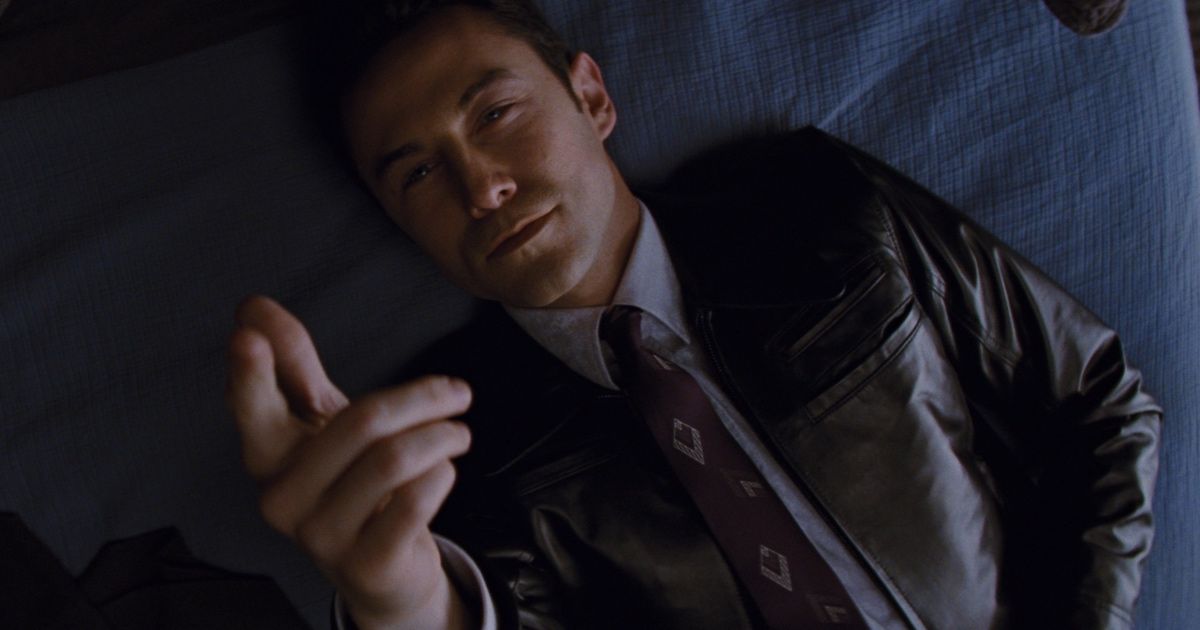
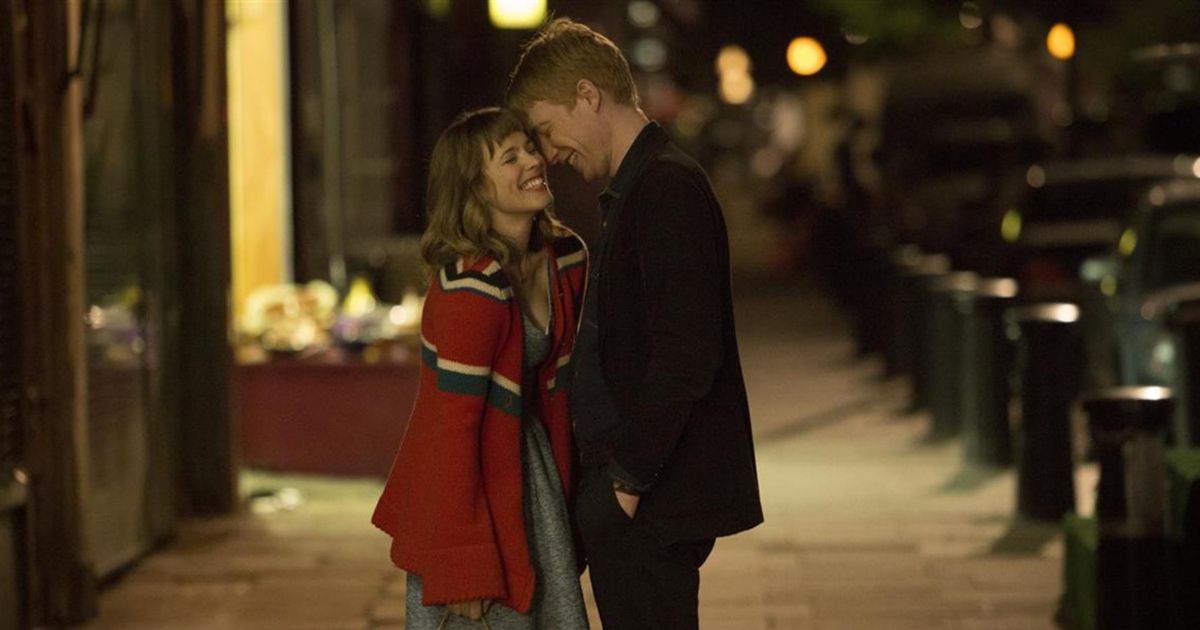
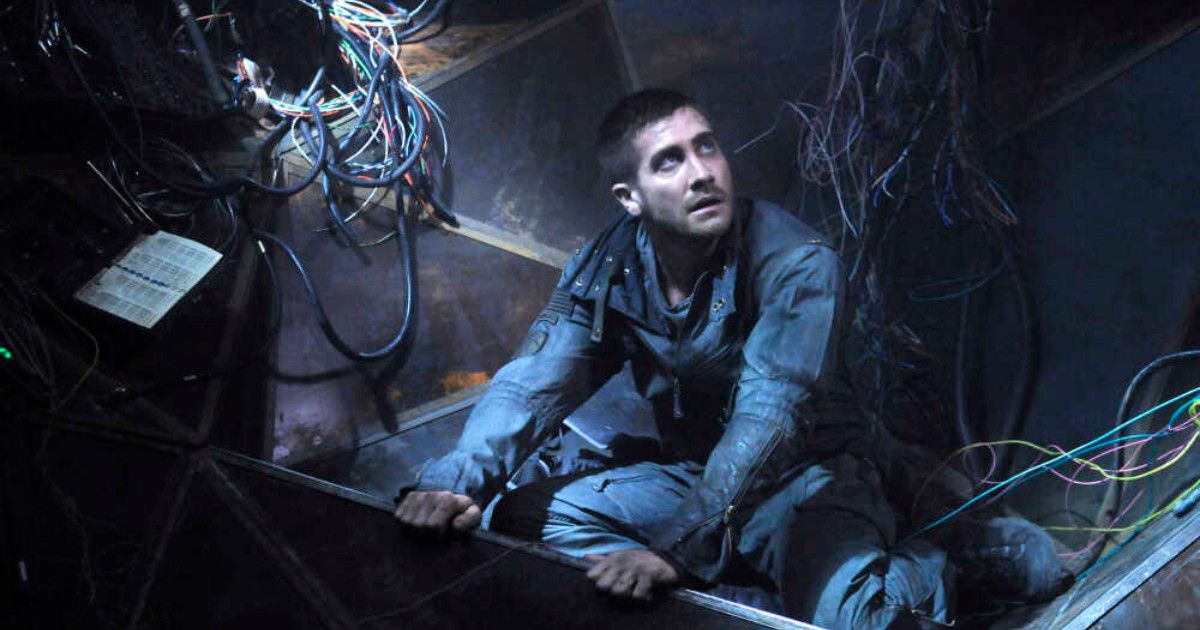
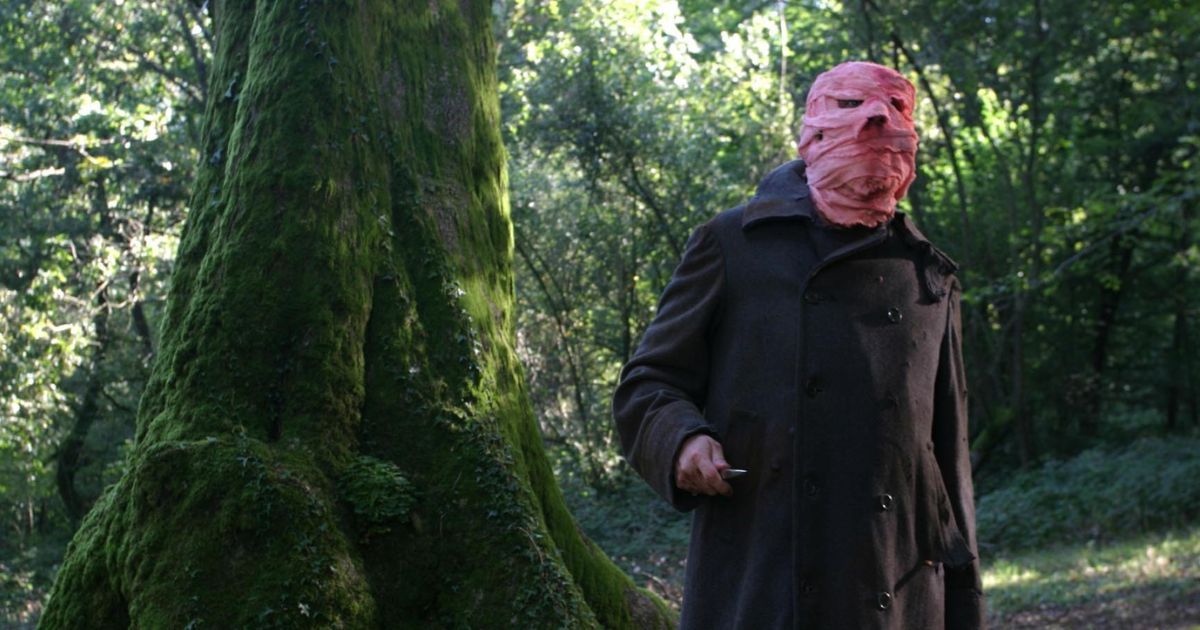
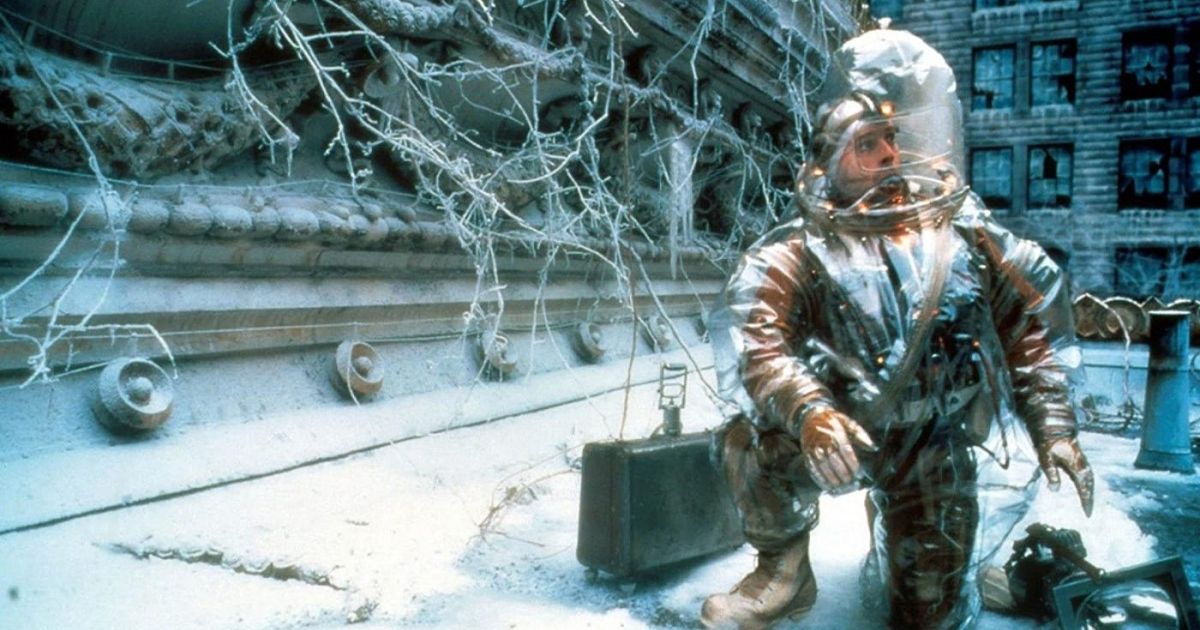
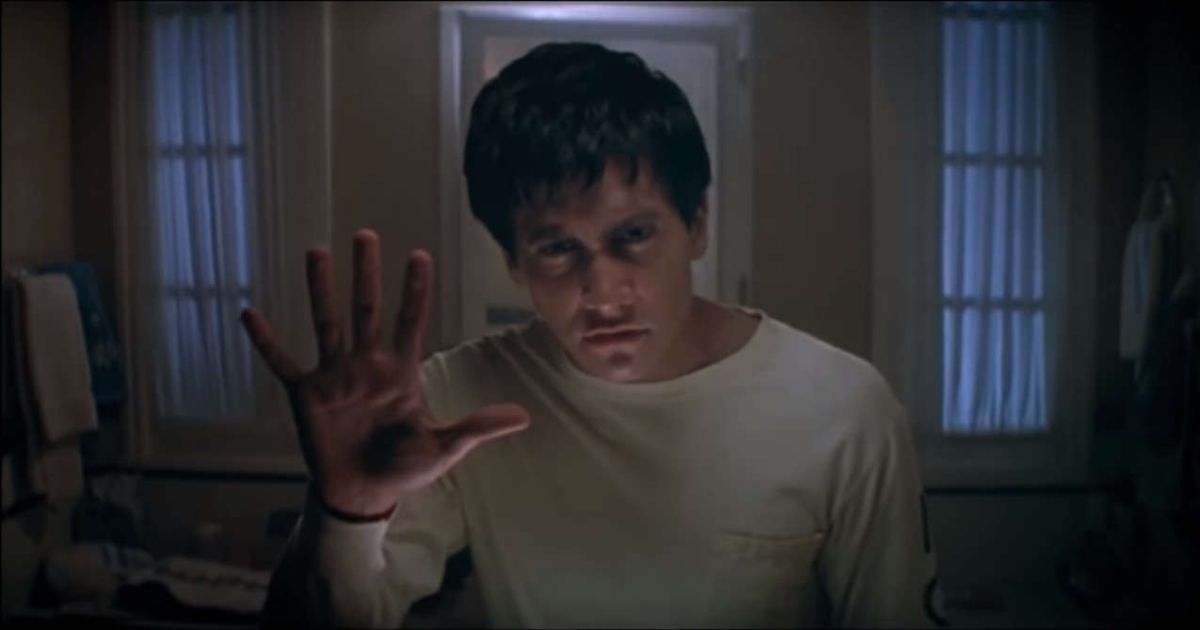
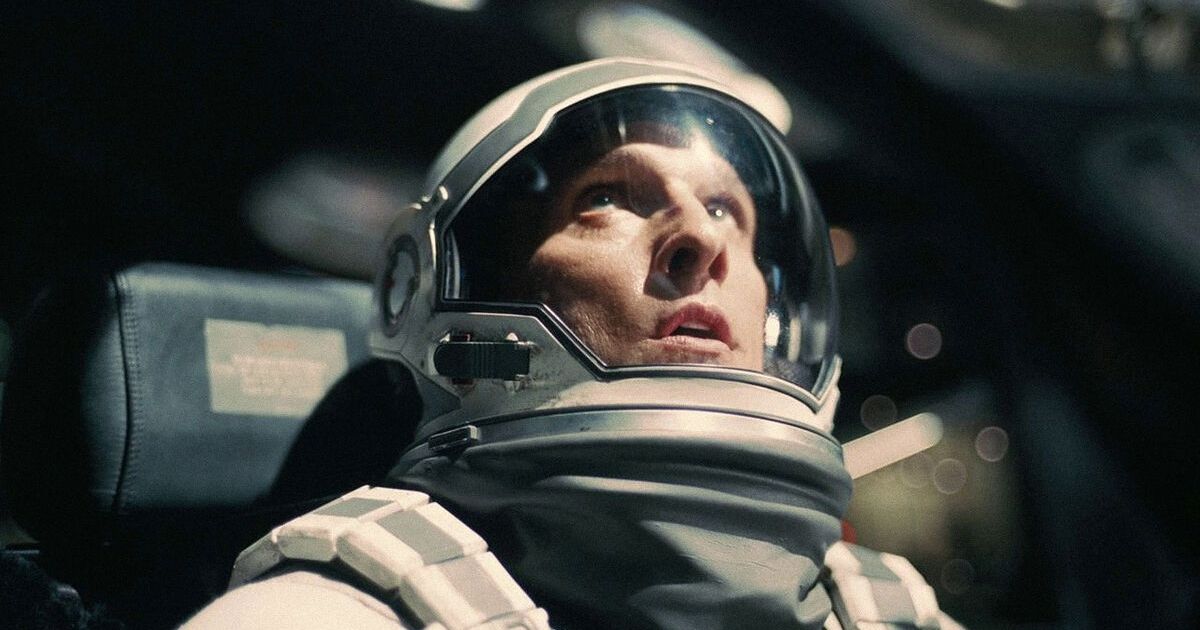
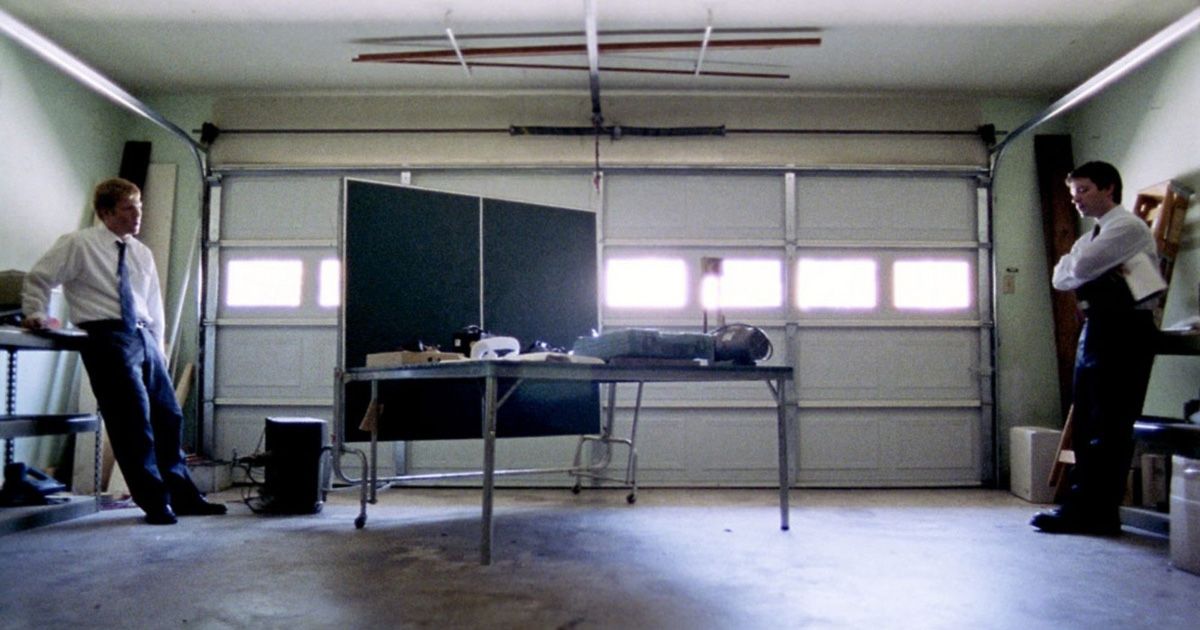
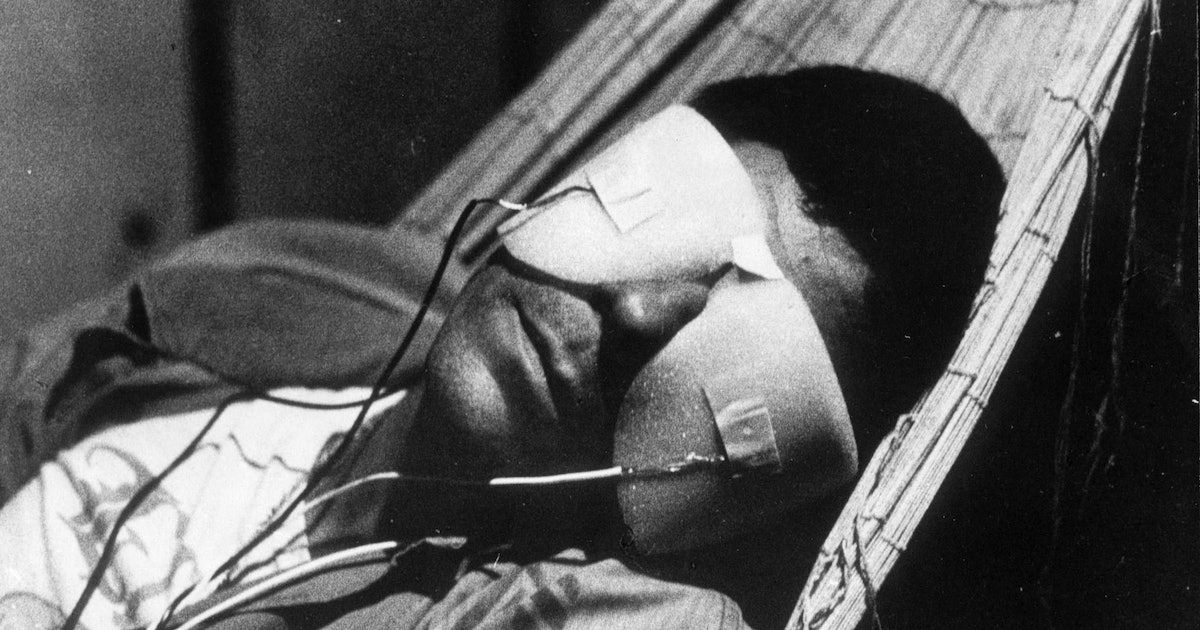
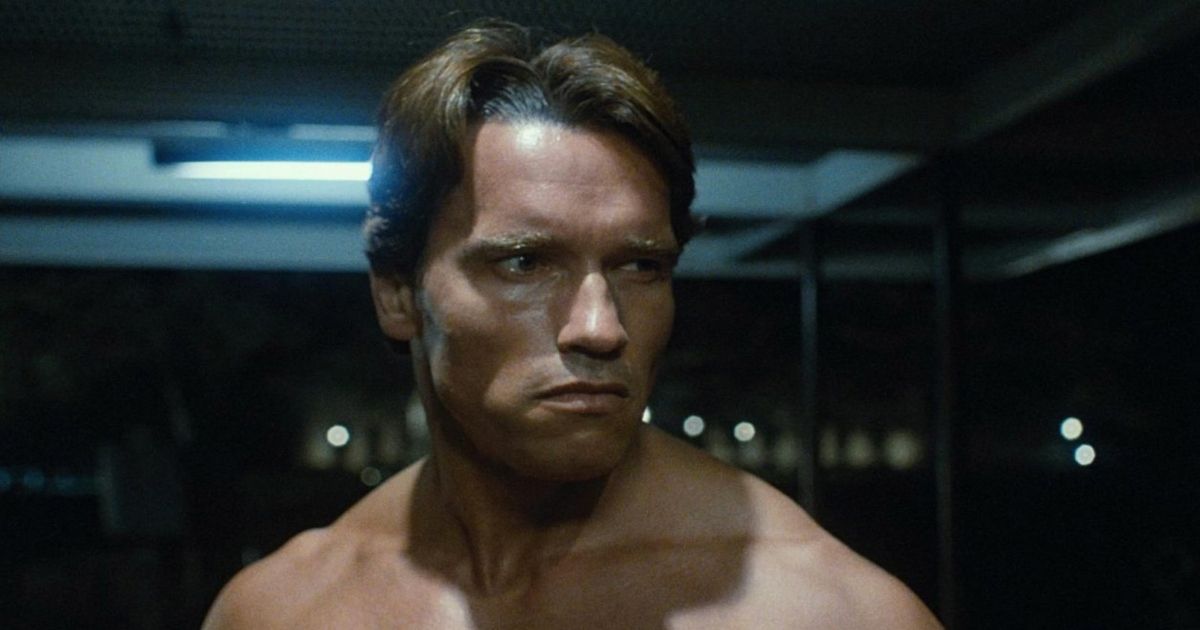
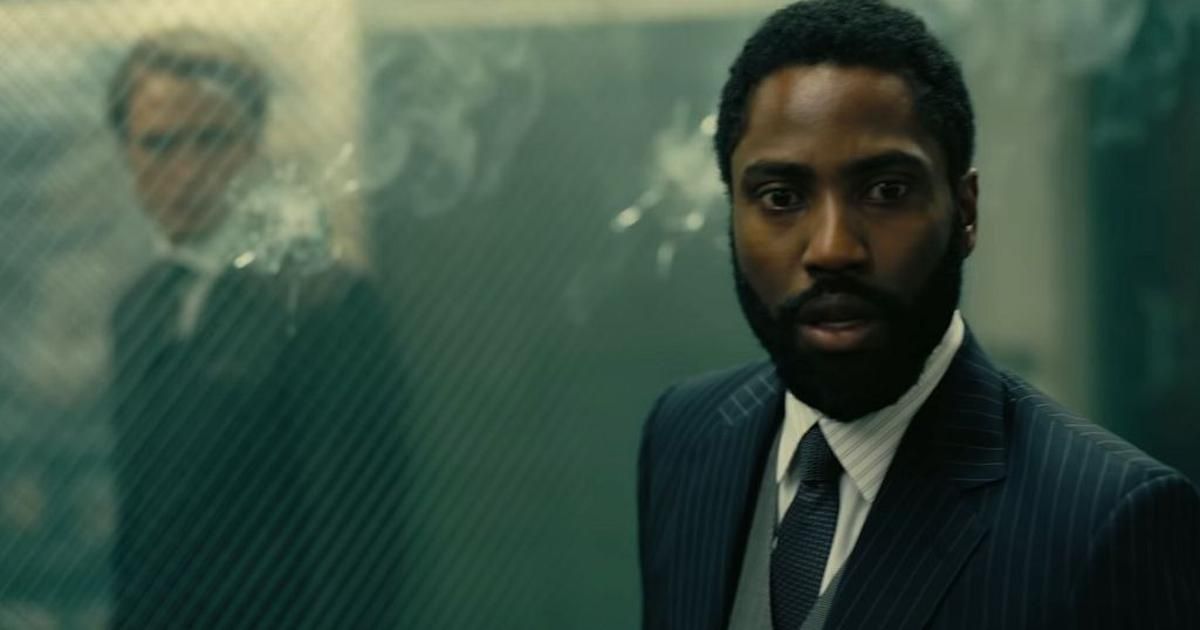
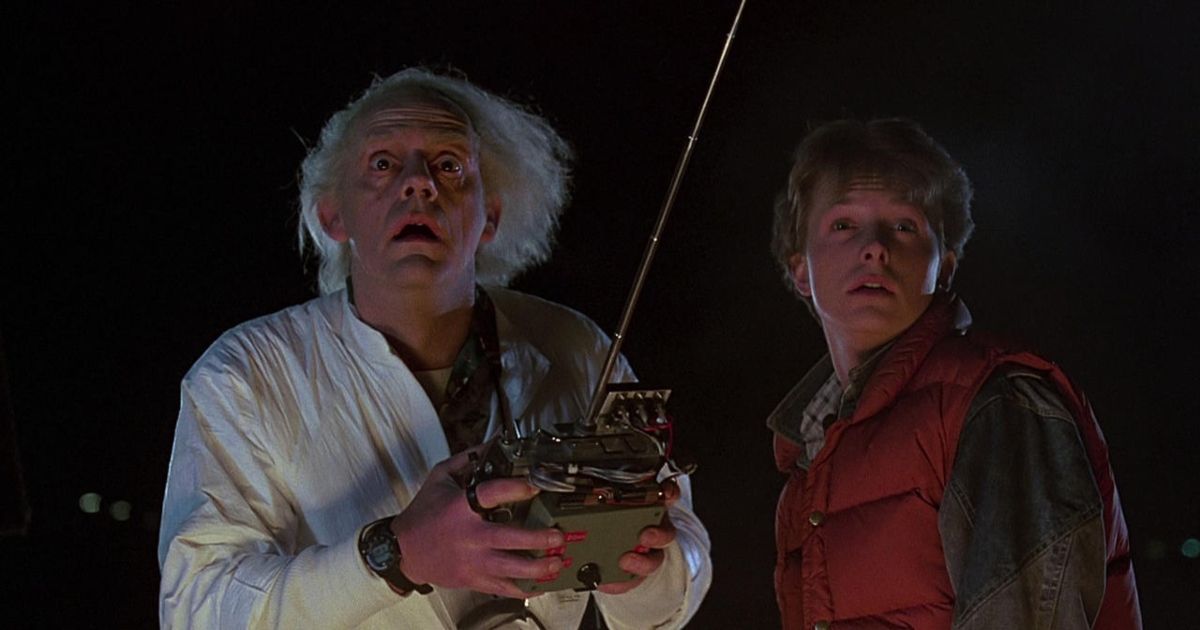
Comments
Post a Comment